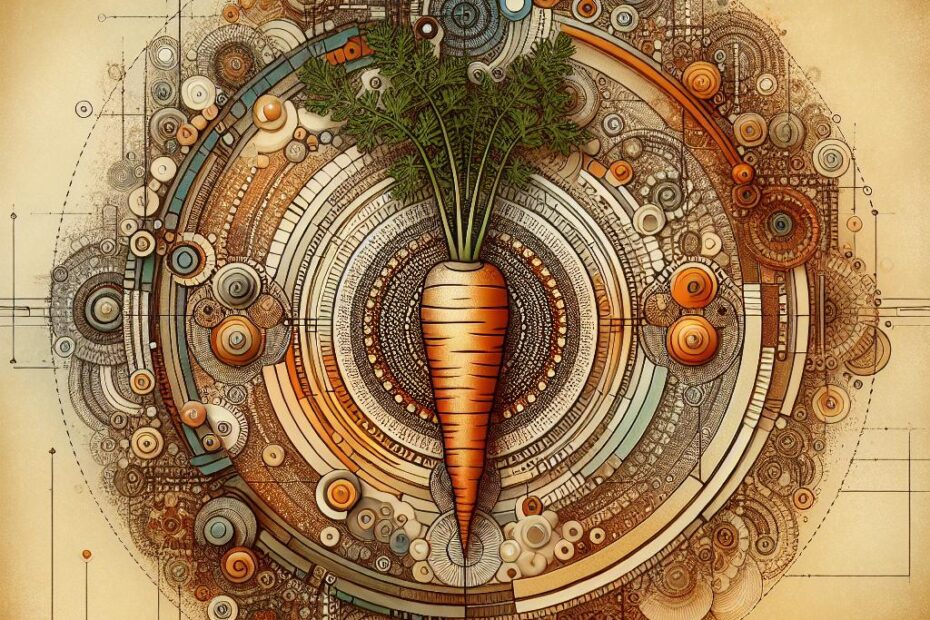Title: The Best Soil Type for Growing Carrots: A Guide for Gardeners
Introduction:
Carrots are a popular and versatile vegetable that can be grown in home gardens with relative ease. One of the key factors that contribute to the success of growing carrots is the type of soil you use. In this comprehensive guide, we will explore the best soil type for growing carrots, as well as provide valuable tips and insights to help you achieve a bountiful harvest.
The Importance of Soil Type for Carrots:
The soil type in which you choose to grow your carrots can have a significant impact on their growth and overall health. Carrots thrive in loose, well-draining soil that is rich in organic matter and nutrients. The right soil type can help ensure that your carrots develop properly, are free from disease and pests, and have a delicious flavor.
Choosing the Best Soil Type for Carrots:
When it comes to growing carrots, the ideal soil type is sandy loam. Sandy loam soil is a well-balanced combination of sand, silt, and clay, which provides excellent drainage while still retaining moisture and nutrients. This type of soil allows for proper root development and prevents carrots from becoming stunted or misshapen.
Key Characteristics of Sandy Loam Soil for Carrots:
- Good drainage: Sandy loam soil allows excess water to drain away, preventing waterlogged conditions that can lead to rotting roots.
- Moisture retention: Despite its sandy texture, sandy loam soil can hold onto moisture, ensuring that carrots have a consistent water supply.
- Nutrient-rich: Sandy loam soil is fertile and contains ample nutrients that are essential for the healthy growth of carrots.
- Easy to work with: This type of soil is easy to till and work with, making it ideal for planting and harvesting carrots.
Additional Tips for Growing Carrots in Sandy Loam Soil:
- Amend the soil with compost or organic matter before planting to boost soil fertility.
- Avoid compacting the soil, as this can hinder root development and cause deformed carrots.
- Plant carrots in raised beds or containers if your soil is not sandy loam. You can create a custom soil mix that mimics the characteristics of sandy loam soil.
Benefits of Growing Carrots in Sandy Loam Soil:
- Improved root development: Sandy loam soil allows carrots to grow long, straight roots without obstruction, resulting in larger and more uniform carrots.
- Disease resistance: Properly draining soil helps prevent common carrot diseases such as damping off and root rot.
- Enhanced flavor: Carrots grown in nutrient-rich soil tend to have a sweeter and more flavorful taste.
Case Studies:
- Organic gardener Jane switched to sandy loam soil for her carrot patch and saw a significant improvement in crop yield and quality. Her carrots were plumper and tastier than ever before.
- Urban farmer Mark used raised beds filled with sandy loam soil to grow carrots in his small backyard garden. He was amazed at how well the carrots grew in this soil type and plans to continue using it in future plantings.
Conclusion:
Choosing the right soil type is crucial for the success of growing carrots in your garden. Sandy loam soil is the preferred soil type for carrots, as it provides the ideal balance of drainage, moisture retention, and fertility. By following the tips and recommendations outlined in this guide, you can create the perfect growing environment for your carrots and enjoy a bountiful harvest of delicious and nutritious vegetables. Happy gardening!
